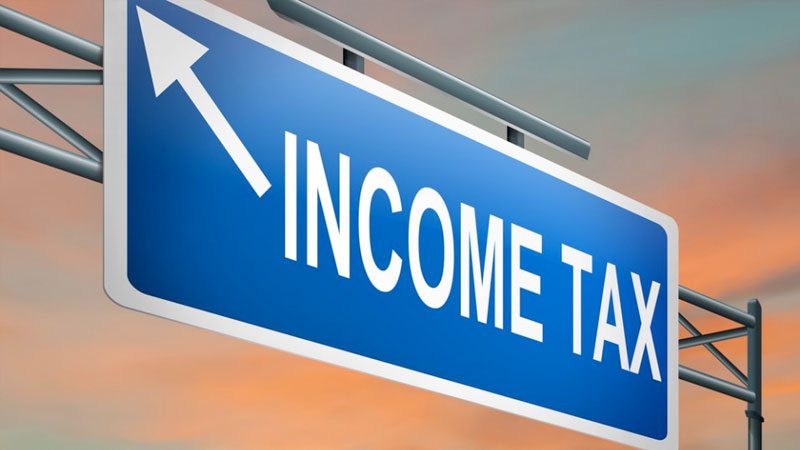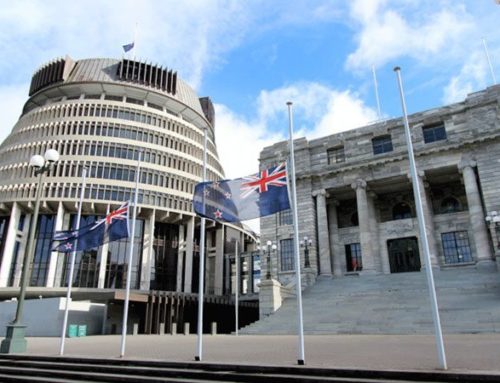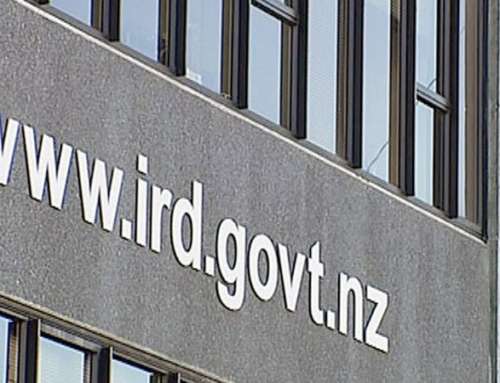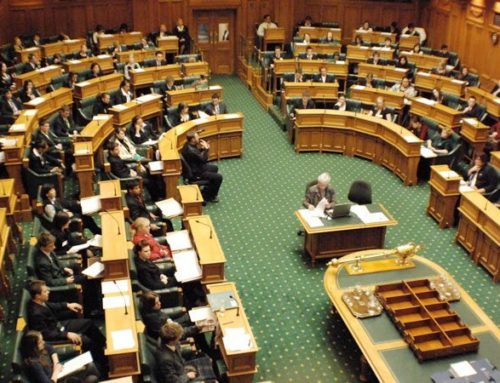
If you earn income from salary, wages or a social security benefit, your tax will be deducted under the pay-as-you-earn (PAYE) system. This means that the pay you get from your employer has already had tax deducted.
ACC Levies
Inland Revenue is the agent for collection of the employee’s Earner Levy as part of your PAYE deductions. These levies provide insurance cover when people suffer an accident outside of their work.
Provisional Tax
People who operate a business as a sole trader, limited liability company or other business entity have to account for their own tax progressively during the year. This is referred to as provisional tax.
Provisional tax is payable in three installments during the year, based on what you expect your tax bill to be. The amount of Provisional Tax you pay is then deducted from your tax bill at the end of they year.
Goods and Services Tax (GST)
GST is charged on almost all goods and services in New Zealand. It is a consumer tax. The GST rate is 15% of the price of goods or services. For more information refer to our Business section.
Resident Withholding Tax (RWT)
You pay Resident Withholding Tax on interest you earn from bank accounts or other investments. The bank or investing organization deducts this when they credit interest to your account.
You need to provide your IRD number and choose the correct rate of tax for your income level. Companies may also deduct withholding tax from dividends paid to shareholders.
Family Assistance
Family Assistance is financial help for low-to middle-income families with children who are 18 years or or younger who are living at home and are not financially independent. It is not a benefit but recognition that not everyone can comfortably afford al the costs of bringing up a family.
To be able to receive Family Assistance you must either:
- Be a New Zealand resident and have been in New Zealand continuously for at least 12 months at any time. You need to be a tax resident and be resident in New Zealand when you apply for your payments.
- Be caring for a child who is both resident and living in New Zealand.
If you and your children are in New Zealand unlawfully or hold only a temporary permit or visa, then for Family Assistance purposes, you are not considered a New Zealand resident.
If you recently arrived in New Zealand and meet the residence conditions, you will need to attach a copy of your residence permit to your application for Family Assistance.
How much you can get depends on:
- How many children 18 years or younger you have living with you
- How much you and your partner earn (your total family income)
- Where you get your income from.
Inland Revenue pays Family Assistant to families whose main income is from working. It can be paid either fortnightly or as a lump sum after the end of the tax year (31 March).
If your only income is from an income-tested benefit, then Work and Income pay any entitlement to you as part of your benefit.
Salary and Wage Earners
Over the last few years, Inland Revenue has been simplifying income tax for salary and wage earners so it is now more accurate, less time-consuming and simpler for everyone involved.
IRD wants to ensure taxpayers pay the correct tax during the year so there is no need for additional payments at the end of the tax year.
A Personal Tax Summary (PTS) is available for salary and wage earners if you need to pay additional tax at the end of the year, or believe you are entitled to a tax refund.
The Personal Tax Summary uses information provided to us by your employer(s) to reprint a PTS with your income and deduction details for the year. If you receive a PTS you must check it for any missing or incorrect details.
Personal Tax Summaries are issued form June onwards and anyone can request one.
IR3 Tax Returns
You would be sent an IR3 if you:
- Are self employed
- Had income from a business or rental property
- Received income that is not taxed at source
- Received overseas income.
Child Support
Child Support is money paid to support children when couples with children are not living together or have separated. The money is paid by the parent who is not living with the children to the person whom the children live with.
Inland Revenue works out the amount of child support the paying parent must pay. The amount is worked out each year using a formula, which takes into account the number of children to be supported and they paying parent’s income and living expenses. Inland Revenue usually administers Child Support payments.
Contact Inland Revenue
Complete listings of Inland Revenue’s NZ Freephone numbers and office locations are included in the Blue Pages of The Telephone Book. If you have an IRD number please have it ready when you call.
Student Loans
The Student Loan Scheme is available to students studying at tertiary level (after secondary school). This helps towards the cost of studies and books.
The three organizations involved in the Student Loan Scheme are:
- The Ministry of Education, which advises the government about student loan policies.
- Work and Income (a service of the Ministry of Social Development), which processes loan accounts in the year the money is borrowed.
- Inland Revenue, which collects student loan repayments from the year after the money is borrowed.
To get a student loan you need to be studying at a tertiary institution, and be in a programme approved by the Minister of Education. You must also be 18 years or older (if you are under 18 years, you need a parent’s consent). You need to be a New Zealand citizen, a permanent resident, or a refugee entitled to live in New Zealand indefinitely.
The amount you get depends on:
- The type of tertiary institution you are studying at
- How much your fees are
- Whether you are studying full or part-time
- The duration of your study programme
- Whether you receive a student allowance (for living costs)
- Whether you or your partner get a benefit
A student loan has four parts – compulsory fees; course-related costs; living costs; and a $50 administration fee.
A student loan is a debt and you must pay back any money you borrow, including interest, which is currently 7%. If you decide to take out a student loan, it is wise to borrow only the amount you need for your studies.
You must start repaying your loan at the rate of 10 cents per dollar earned over $15,496. If you think you will earn more than this from your main job between 1 April and 31 March, you must tell your employer you have a student loan use the M SL tax code.
You can save money by making voluntary payments at any time and for any amount. You can do this even if you are earning under the repayment threshold, or you can simply make additional repayments above the amount you are required to pay. By paying your loan off faster you can save yourself a lot of money in interest.
Paying Tax
Inland Revenue is the government department that collects taxes – it is popularly referred to as the IRD.
The New Zealand tax year is from 01 April to 31 March and most people pay their taxes as they earn their income. Employers deduct tax on salary and wages. Banks and other financial institutions deduct tax on interest as it is derived.
People who do not pay tax on all of their income as it is earned are required to file tax returns at the end of the tax year (31 March) to work out their tax liability. In most cases, Inland Revenue will send you all the material you need to file tax returns and make payment.







Leave A Comment